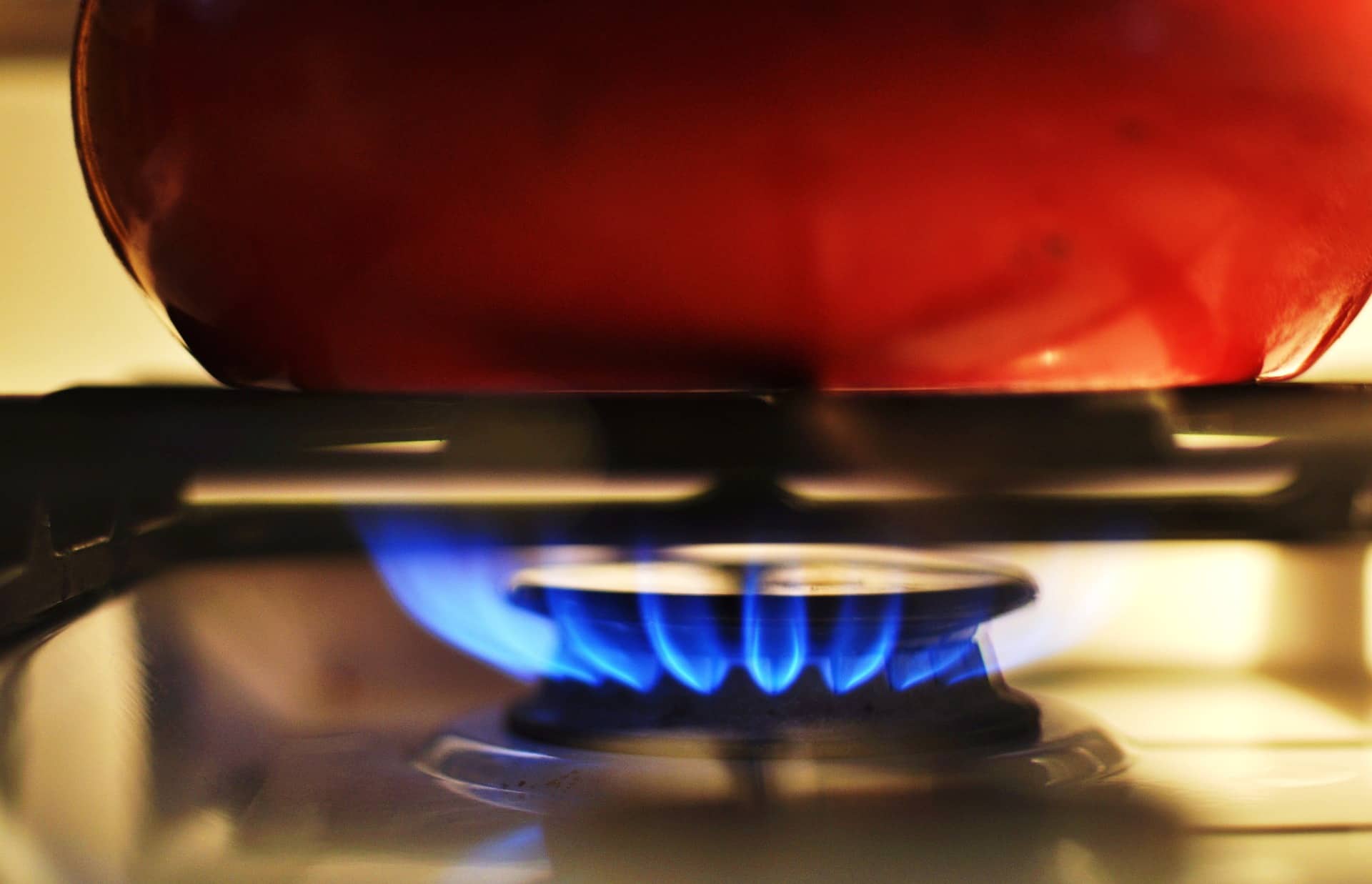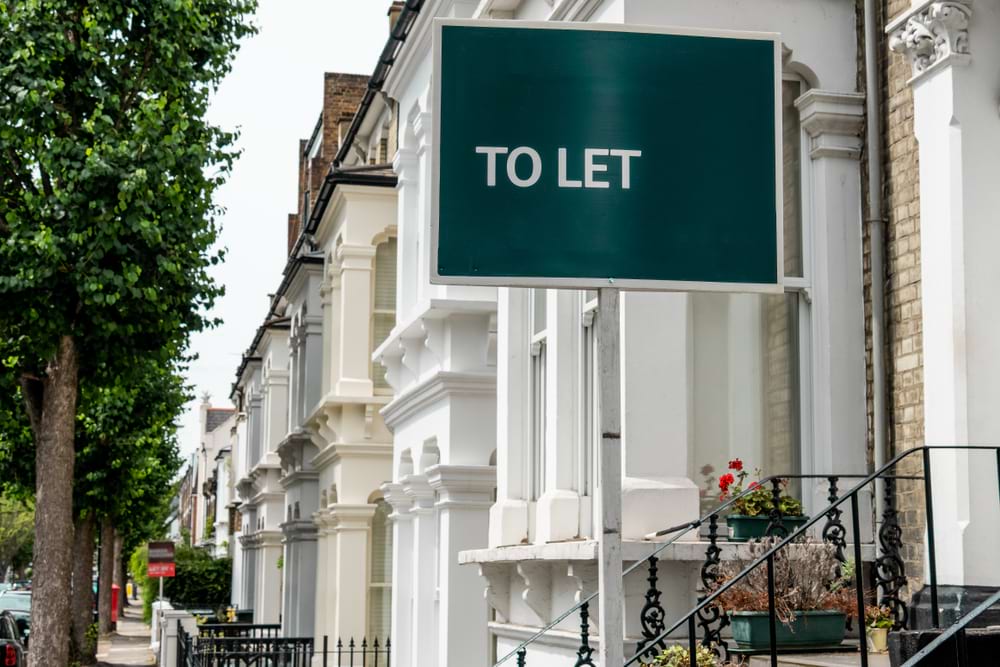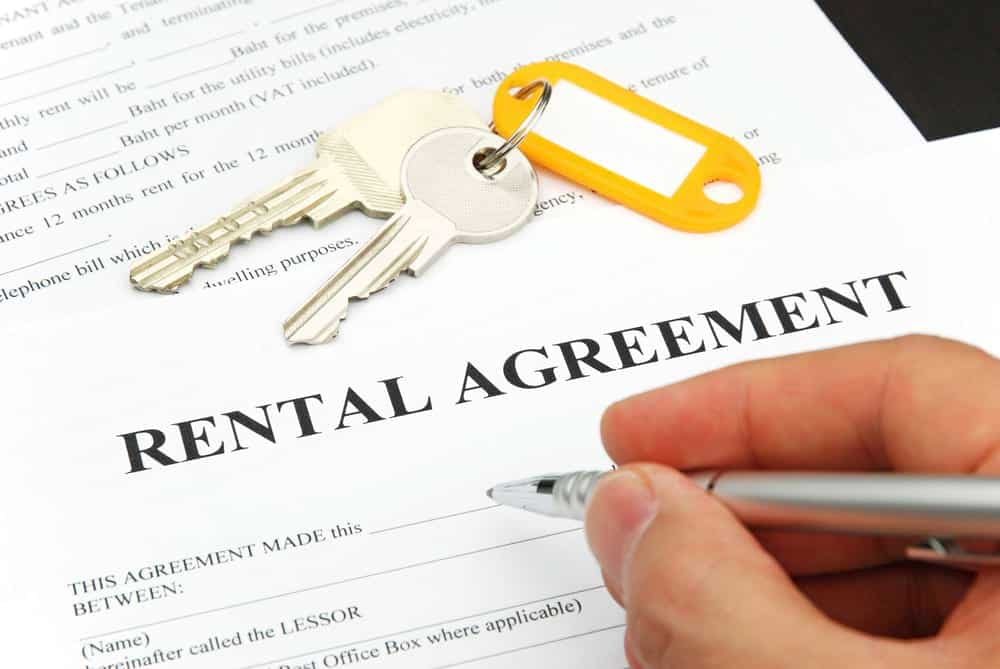As a landlord, there are several pieces of documentation which you need to take care of.
One of these, which all UK landlords need, is a gas safety certificate.
It provides essential peace of mind to any tenants in your property.
Read on to understand:
- What a gas safety certificate is
- Why landlords needs it
- How to get it
What is a landlord gas safety certificate?
A Landlord Gas Safety Certificate is a certificate which every landlord should own.
This piece of documentation is a legal requirement for landlords in the UK.
It verifies that all gas appliances within a household have been checked by a qualified gas safety engineer within the past 12 months.
Renewals
Landlords should carry out a gas safety check on their property at least once every year. It is a crucial part of their responsibility to keep tenants safe.
These checks cannot be carried out by the landlord themselves – a qualified safety engineer must be brought in to do it.
Can tenants ask for landlord Gas Safety Certificate proof?
Yes, all landlords are required to prove to tenants that they have a Gas Safety Certificate if asked.
(Tenants are also allowed to ask for other landlord details, too.)
Some landlords even choose to keep the certificate publicly displayed (perhaps in a frame) in the house.
You must provide tenants with a copy (either paper or online depending on your preference) within 28 days of the checks being carried out.
How much does a Landlord Gas Safety Certificate cost?
The average Gas Safety Certificate costs between £60 – £90 for a landlord to acquire.
This is the average cost for a property which has one boiler, one gas hob and one fireplace to be checked.
If there are additional gas appliances to be checked, then these are usually charged at an extra £10 per appliance.
The cost of completing these checks may also vary depending on:
- The size of a property
- The condition of a property
- Where you live in the country,
- The individual gas engineer that you hire.
Why is a Landlord Gas Safety Certificate needed?
It is important that all tenants in a UK property are safe and protected.
A Landlord Gas Safety Certificate confirms to tenants that there are no gas safety issues in the property, and that it is therefore a safe place for them to live.
In short, it is the responsibility for a landlord to provide this and the right of a tenant to receive it
How long does a Landlord Gas Safety Certificate last?
A landlord gas safety certificate lasts for 12 months.
That’s why a landlord needs to re-test their appliances every year, and get a new certificate, to ensure their tenants are safe.
What happens when a landlord doesn’t have a gas safety certificate?
If a landlord in the UK does not have a Gas Safety Certificate, you (tenants, or anyone else) can report them and they may be liable to a fine.
Tenants will also have further protections if their landlord tries to evict them, but does not have a gas safety certificate.
What happens if a tenant owns their own gas appliances?
If the tenant(s) in a UK property has brought their own gas appliances with them, the appliances are their responsibility.
However, many landlords will include these as part of their gas safety checks – however they are not legally required to do so, and are only responsible for flues and fittings.
Carbon monoxide alarms
Landlords are legally required to fit a carbon monoxide alarm in any room which is being used for accommodation in which solid fuel is used.
For example, if a room has a wood burning stove or a fireplace, a carbon monoxide alarm must be in there, too.




















